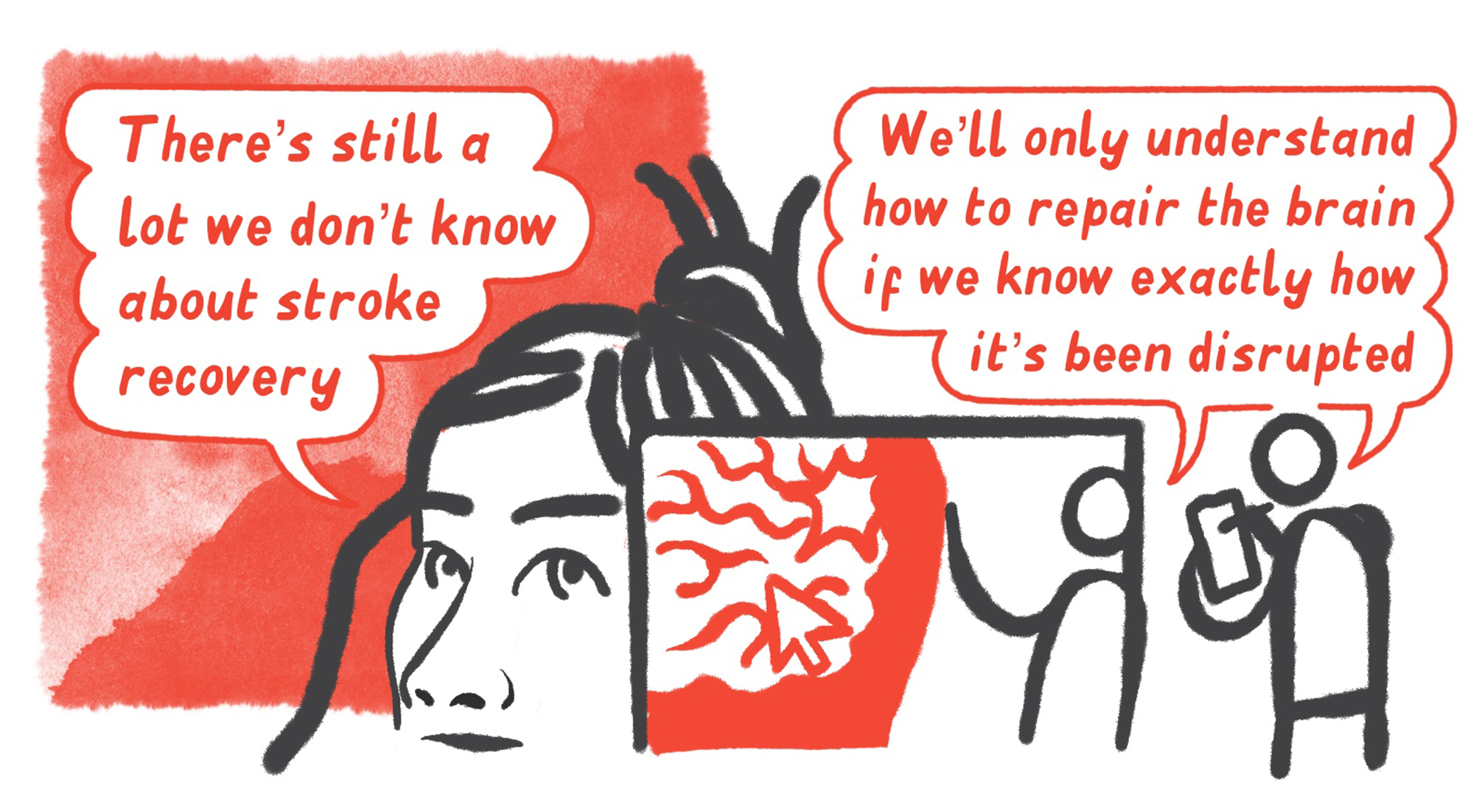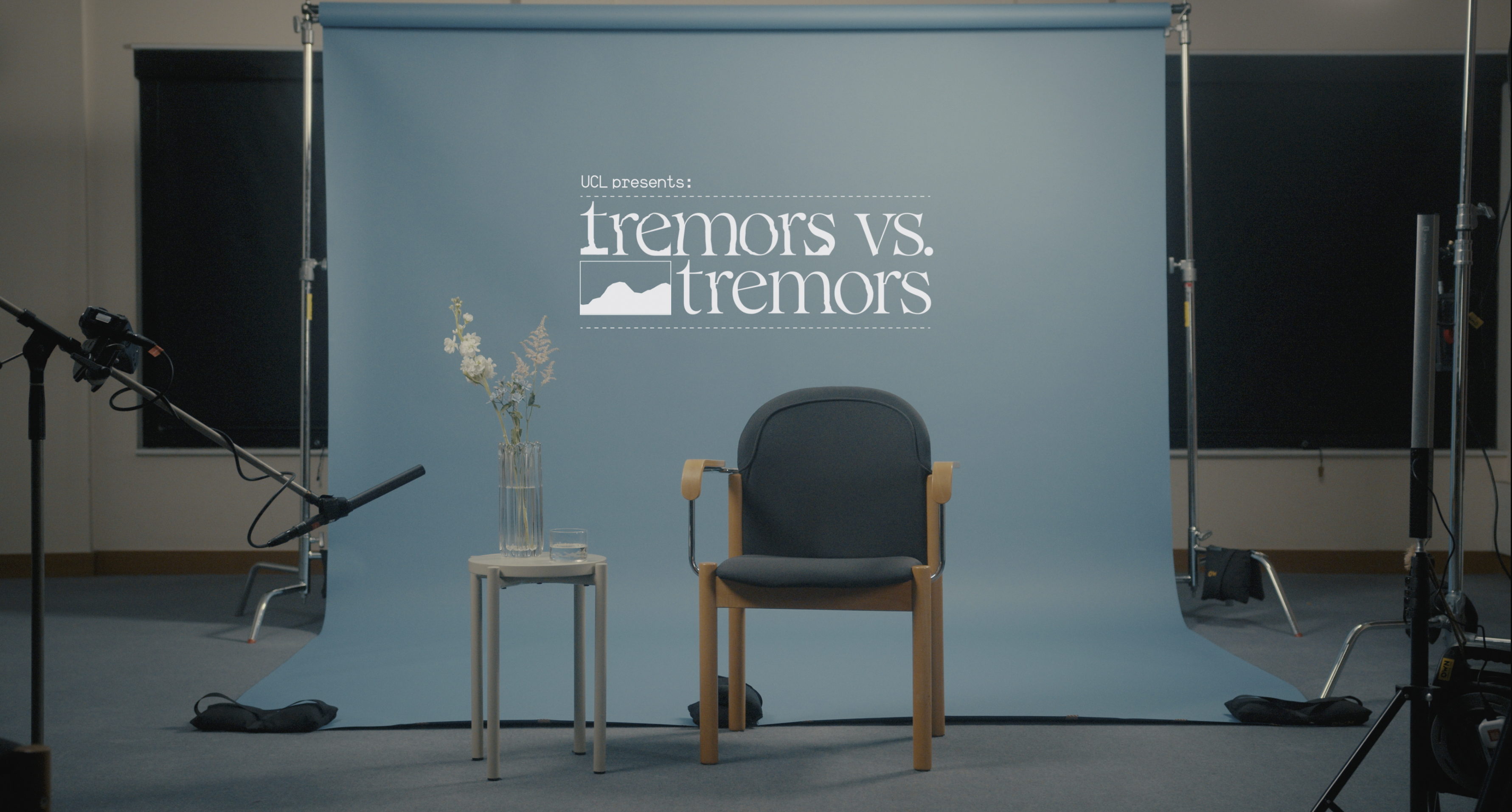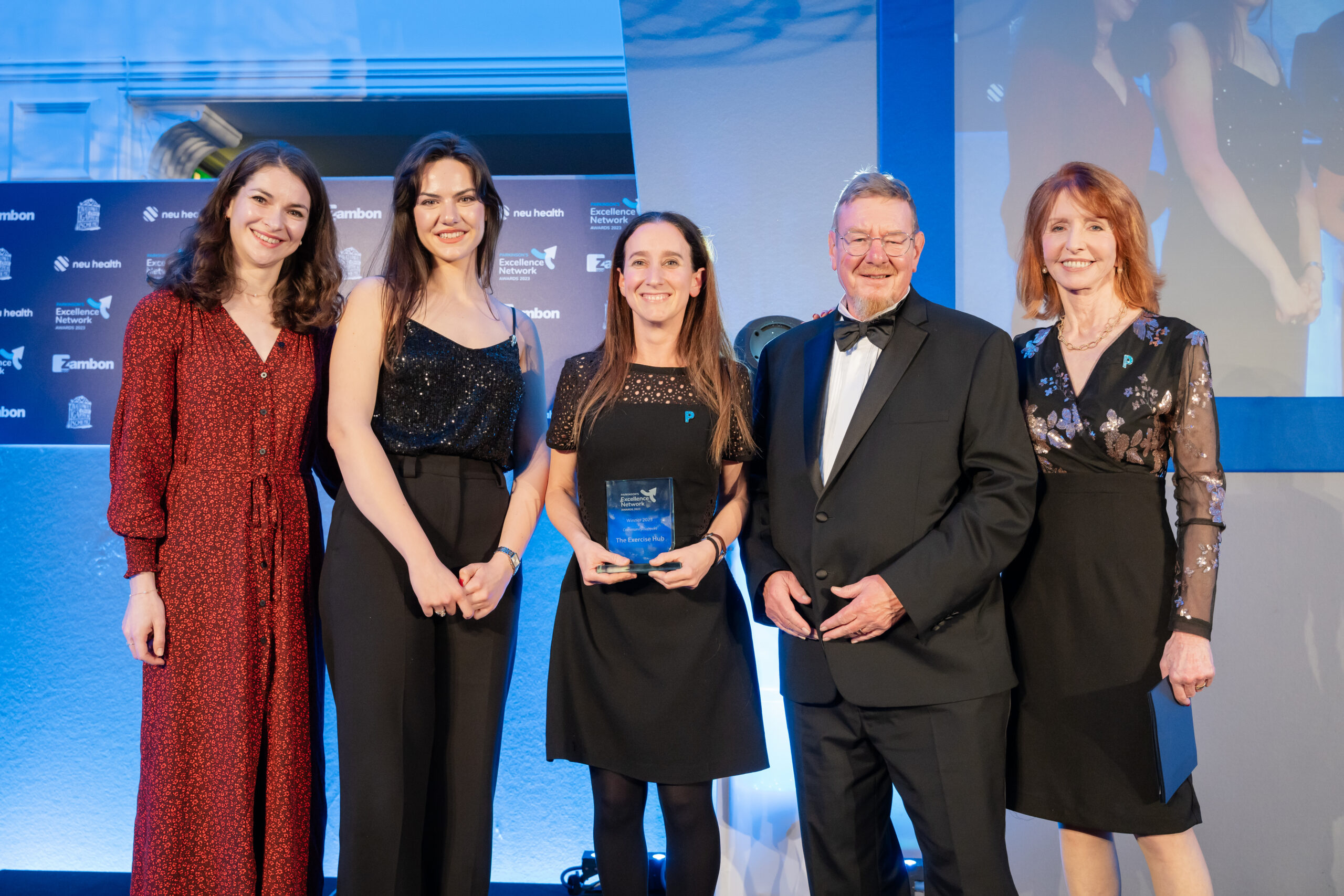UCL World Stroke Day Forum returns for 2021
Now in its fourth year, a Forum for stroke survivors and their loved ones included a series of free, online events from 25th – 29th October.
The annual UCL World Stroke Day Forum, launched in 2018, is based around World Stroke Day on 29th October. The Forum aims to empower stroke survivors to contribute to and influence the future of stroke research at UCL.
Traditionally a one-day event, where over 200 stroke survivors and their loved ones participated in interactive talks and workshops in central London, for the past two years, the pandemic has seen it evolve into an online week-long series of events.
The 2021 Forum built on the success of last year’s event, with more than 1900 tickets booked across 15 digital events. These events were run by research groups across UCL and 16 charity partners.
Events included screenings of four original documentaries, each exploring a different topical issue in stroke research and rehabilitation. These screenings were followed by panel discussions with UCL researchers and representatives from stroke charities. A scribe, Bridget Meyne, created bespoke illustrations to capture key points and ideas explored in each discussion.
The Forum also hosted 10 interactive workshops, which explored topics such as new robotic technologies, accessing digital tools and rehabilitation apps, using creative methods to communicate beyond words and tips to help stroke survivors stay active and manage emotional and psychological changes after a stroke. This year also included a dedicated session for carers to centre their own experiences and share coping strategies and resources to support one another.
One stroke survivor who took part in the Forum’s ‘Ensnared’ art workshop commented:
“This is the first creative workshop I have taken part in post stroke and it’s the first time I’ve felt like ‘my old self’. Being able to transfer the thoughts and feelings on to different media has been really helpful.”
The ‘Ensnared’ workshop was based around a long-running collaborative arts and neuroscience project, exploring post-stroke fatigue through stroke survivors’ own metaphors. The emotive series of digital artworks was also launched as part of UCL World Stroke Day Forum.
Cassandra Hugill, Public Engagement Manager at the Wellcome Centre for Human Neuroimaging, which runs the Forum, said:
“The Forum aims to meet a known need for stroke survivors and their loved ones to feel informed, involved and valued in research and rehabilitation. The event brings together many different groups who share collective aim to improve stroke research and rehabilitation – something we all feel very passionate about. We’re delighted with the outcomes of this year’s Forum and we’d like to thank everyone who contributed to events, and joined us to take part and share their stories.”
The forum was kindly funded through a grant from Wellcome with additional support from The National Brain Appeal and the Wellcome Centre for Interventional and Surgical Sciences (WEISS), UCL.
Links:
Ensnared.org – Digital Art Exhibition on post-stroke fatigue










